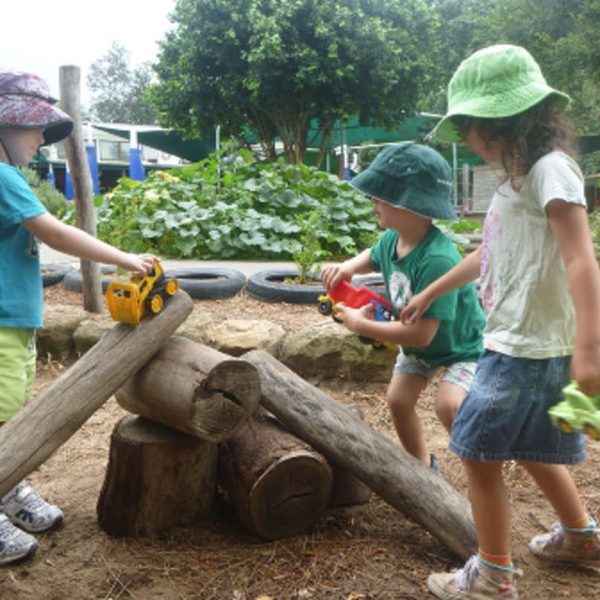Wellbeing is at an all time low, with casuals and young people the most affected

The wellbeing of Australians is at an all time low, with young people, casual workers and the unemployed suffering the most, new data from Australian Unity and Deakin University has shown.
The Wellbeing Index 2022 Report measured the subjective wellbeing of over 2,000 Australian adults against a series of personal and national life domains, with one of the major findings being that Australians’ overall life satisfaction has fallen to the lowest score on record.
Using survey data collected in May 2022, the results show that young Australians aged 18-25 years have the highest levels of mental distress – something which is significant given the large numbers of young employees in the early childhood education and care (ECEC) sector – and that the effect of multiple crises is putting pressure on overall wellbeing.
“Given the tumultuous global and local events of 2022, including catastrophic floods, soaring COVID-19 cases, and global unrest causing inflation to skyrocket, the downward trend of Australians’ wellbeing was unsurprising,” said Dr Kate Lycett, Research Fellow from the School of Psychology at Deakin University.
“But what is surprising is that we didn’t see this decline earlier. Our findings highlight the importance of putting wellbeing at the heart of policy decisions. By doing this, with bipartisan support and legislation we can create an economy that better serves the people and the planet.”
Australia’s subjective wellbeing declined across all measures as the country faces a polycrisis of cost-of-living pressures, climate change and global uncertainty, amidst an ongoing health pandemic. This marks the first time in over a decade that such a consistent downtrend has been observed across all wellbeing measures.
“It’s a really challenging time for so many. People are increasingly struggling with the cost of living, the housing crisis, climate change and the upheavals of the pandemic, which is particularly the case for young people. Young adulthood is a major transition period with change, exploration and risk-taking and where mental health problems can emerge or be compounded. Our results highlight the urgent need for policies to prioritise young people’s wellbeing,” Dr Lycett noted.
The Australian Unity Wellbeing Index is one of the longest running national studies of subjective wellbeing in the world. Since its inception in 2001, data from over 70,000 Australians has been widely used by researchers, governments, and organisations to gain insights into how satisfied citizens are with their lives.
“As policymakers and the wider community look for tangible ways to support our most vulnerable out of the pandemic and with rising economic uncertainty, the Australian Unity Wellbeing Index can play an important role in guiding resources and support to where it is needed most,” said Esther Kerr, Chief Executive Officer Wealth and Capital Markets at Australian Unity.
“While wellbeing is realised by the individual, it is ultimately the product of the macro environment. The key to wellbeing is having comfort that the services I and those close to me need, are accessible and affordable – be they education, childcare (sic.), health, disability, and aged care. While the Government will continue to have a vital role in financing and delivering such services it can’t do it alone and we need financial markets to urgently allocate and incentivise capital – both public and private – to the services and infrastructure that contribute to our wellbeing,” Ms Kerr added.
The 2022 Australian Unity Wellbeing Index Report can be viewed here.
Popular

Workforce
Quality
Research
When did it start to go wrong?
2025-12-18 08:00:46
by Fiona Alston

Policy
Economics
Jobs News
Provider
Workforce
Children’s Services Award changes finalised to address gender-based undervaluation
2025-12-12 06:58:10
by Fiona Alston

Quality
Provider
Workforce
Practice
Celebrating 10 years of workplace excellence as the sector’s leading Employer of Choice
2025-12-19 07:00:09
by Fiona Alston














